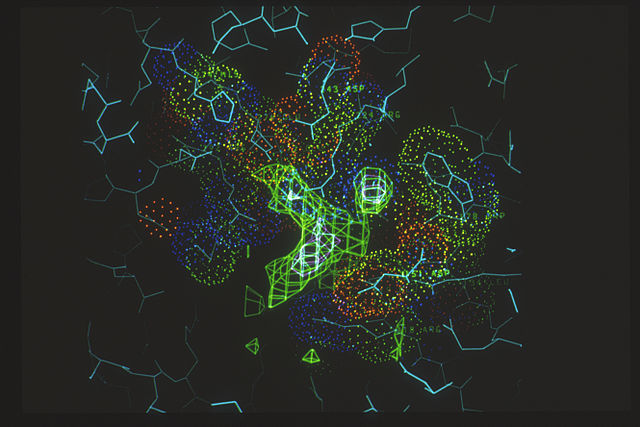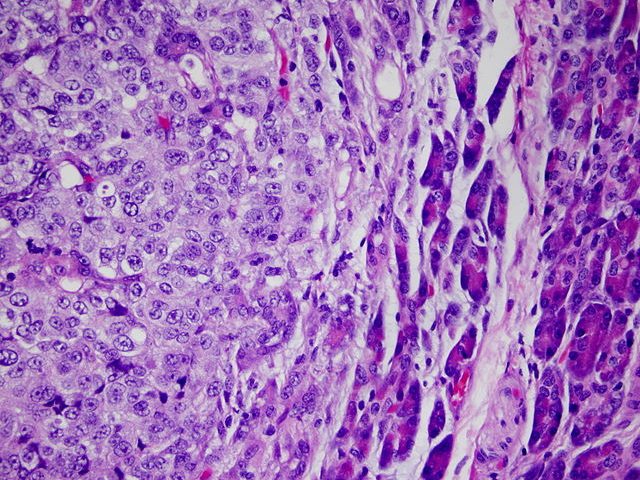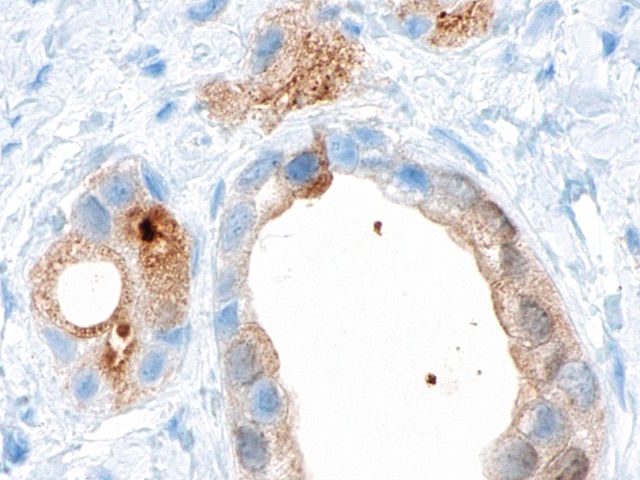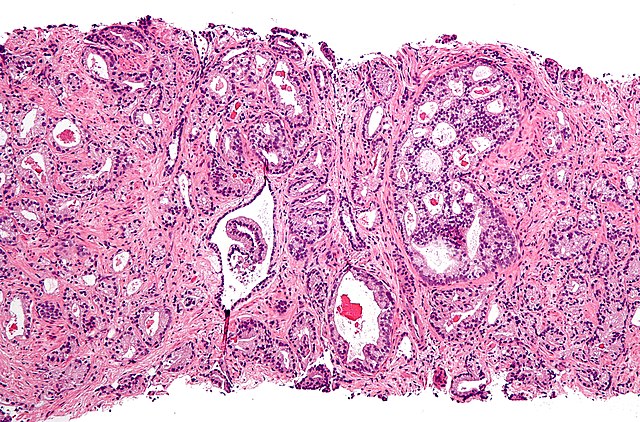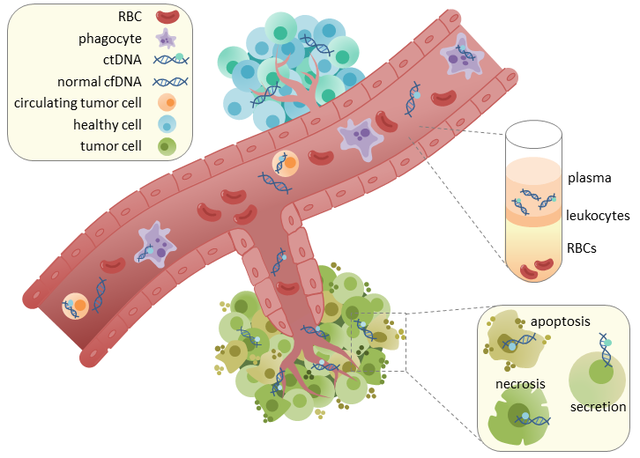Presented by: Arlene Siefker-Radtke, M.D, Professor of Department of Genitourinary Medical Oncology at The University of Texas MD Anderson Cancer Center, Houston, TX.
Covered by: Abdul Moiz Khan, M.D, Chief Fellow of Hematology and Oncology at Karmanos Cancer Institute, Detroit, MI.

“Bladder cancer is not just one disease”, Dr. Siefker-Radtke remarked, reflecting on the heterogenous biology and mutation patterns in bladder cancer. The gene-expression profiling yields both prognostic and predictive information and is therefore vital in making appropriate treatment decisions.
Dr. Siefker-Radtke described the molecular subtypes of muscle invasive bladder cancer (MIBC) and the clinical implications of this classification. This is a paradigm shift in our understanding of bladder cancer since the molecular classification is not only prognostic but also provides a framework for appropriate patient and therapy selection.
In recent years, novel therapies have expanded our armamentarium for treating metastatic urothelial cancer (mUC) upon progression. Erdafitinib is the first and the only biomarker driven therapy in mUC. The FDA has approved two antibody-drug conjugates, enfortumab-vedotin (Nectin-4-directed antibody and microtubule inhibitor conjugate) and sacituzumab-govitecan (Trop-2-directed antibody and topoisomerase inhibitor drug conjugate) for unresectable or mUC. Trials are ongoing with agents such as disitamab-vedotin.
- Choi, McConkey et al., Cancer Cell, 2014
- Siefker-Radtke, Choi, McConkey et al. GUASCO 2015, European Urology 2016






